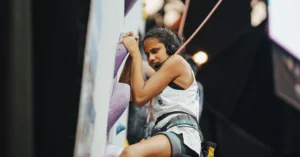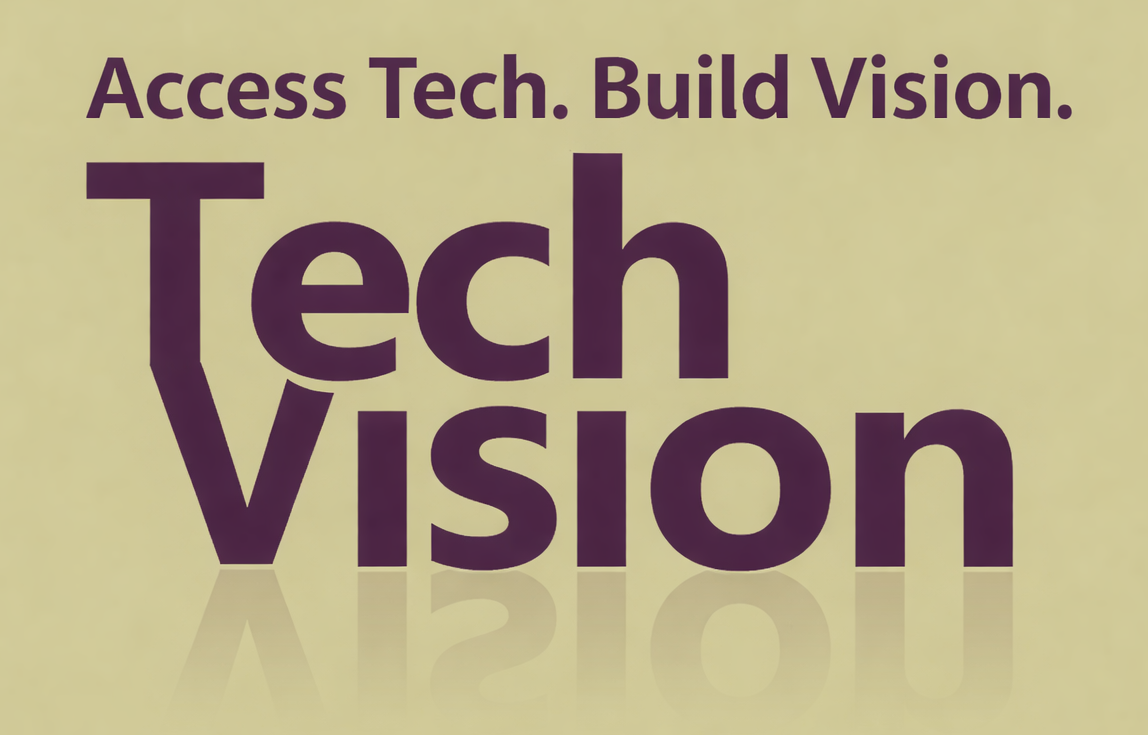“The day I lost a child on the Tube” – Ideas on Raising Children
“Twenty years ago our blogger lost one of his pupils on the London Underground and didn’t even report the incident to the child’s mother or his headteacher. At the time, his ideas on raising children were very different. Fast forward to the present day and it’s a very different story”-Alan Newland
Many parents today seek new ideas on raising children.
Summary of the article: The incredible changes in how we raise our children today will be challenged by this article. The author, a past teacher, into head teacher for a school presents thoughts of independence or lack of independence of our children today.
During a school trip to London, a teacher recounts the moment they lost a student, Maxine, on the Underground. Initially, panic set in, but Maxine quickly returned, unharmed. This incident, though alarming, was resolved without much fuss.
Fast forward twenty years, and a similar situation occurs. This time, the reactions are markedly different. The children and parents exhibit heightened panic and concern. The teacher observes how attitudes towards professional accountability and child safety have evolved over the years. Parents now expect more communication and assurance from teachers.
Recognizing this shift, the teacher emphasizes the importance of adapting to these changing expectations. Maintaining open dialogues with parents becomes crucial to ensure the safety and education of children. Through these experiences, the teacher learns to navigate the evolving landscape of professional responsibility and parental expectations.
Read at
The day I lost a child on the Tube
Stories of Parents enabling independence through precise steps.

Becoming an independent blind child requires developing essential skills and confidence. Encouraging self-reliance from an early age is crucial. Children should learn to perform daily tasks, such as dressing themselves and completing household chores, independently just as all peers. Using tools like braille and a long white cane enhances their mobility and literacy. Additionally, fostering problem-solving abilities and decision-making skills helps them navigate challenges, just like all children. Supportive environments that promote self-advocacy and socialization are vital, enabling these children to communicate their needs and build meaningful relationships.
